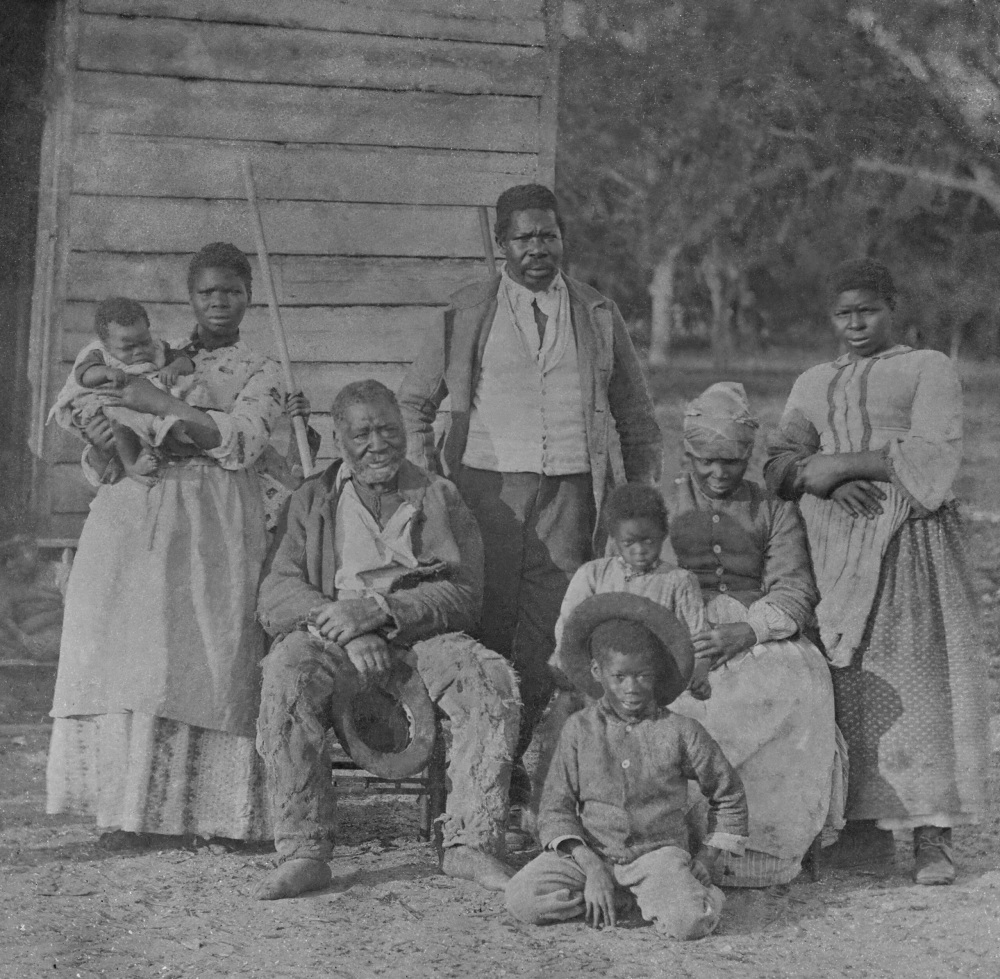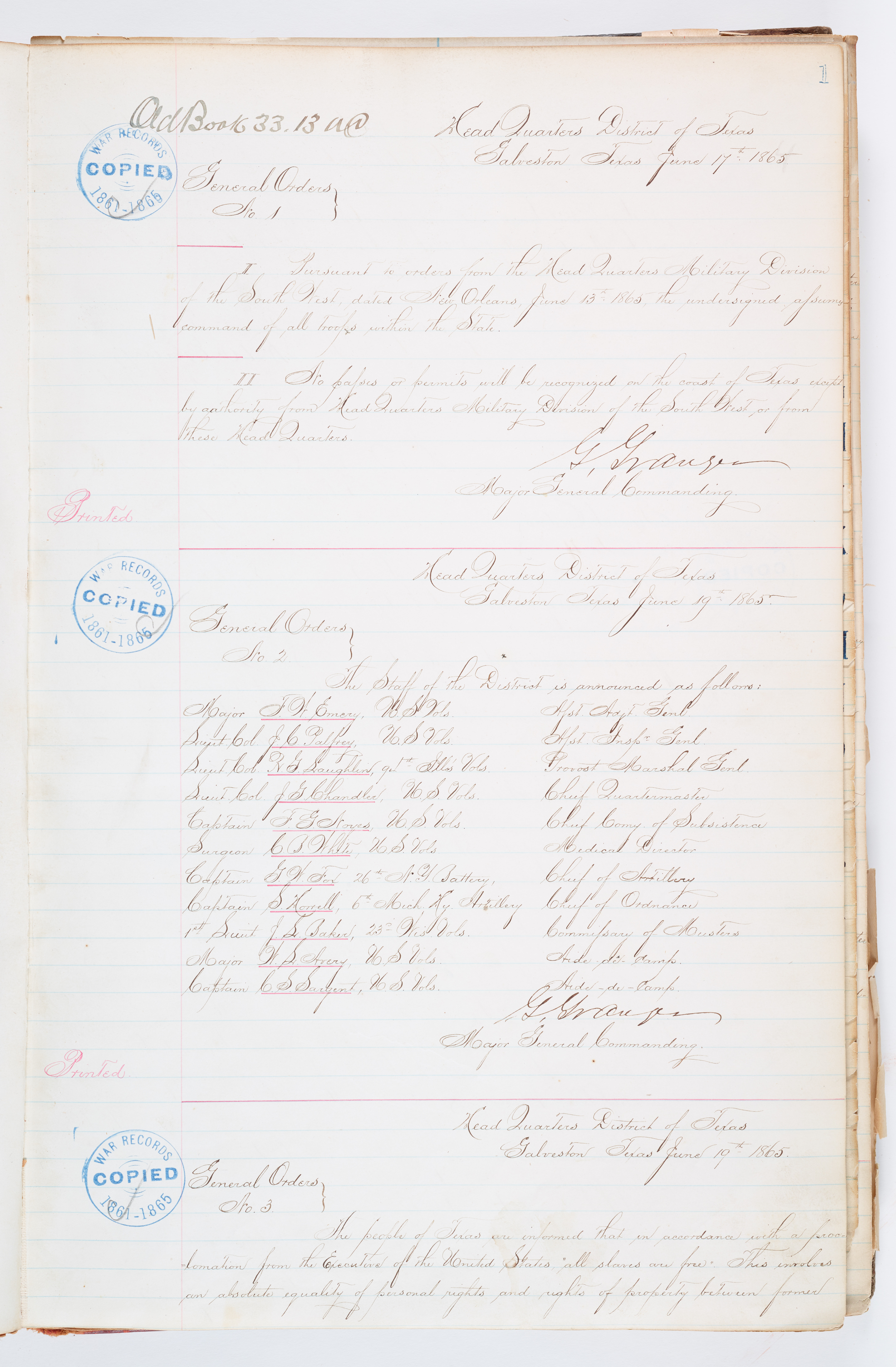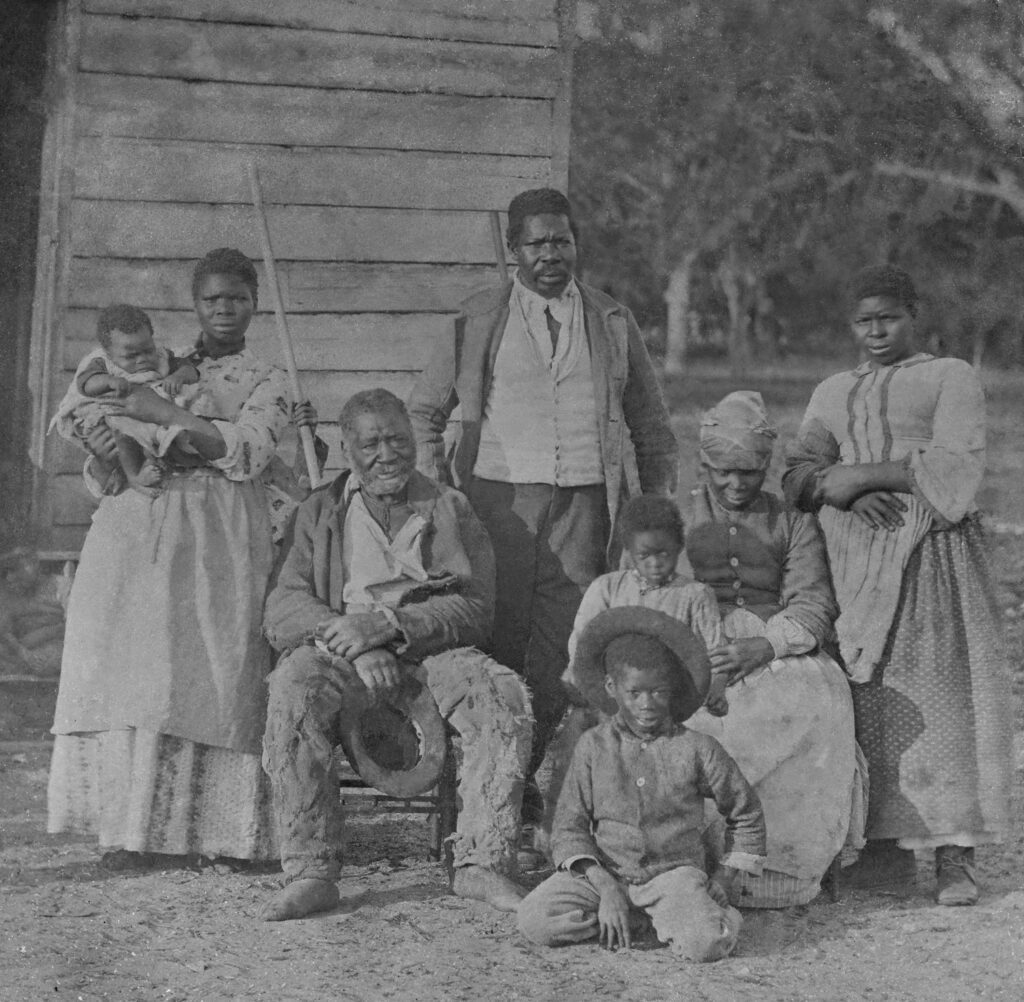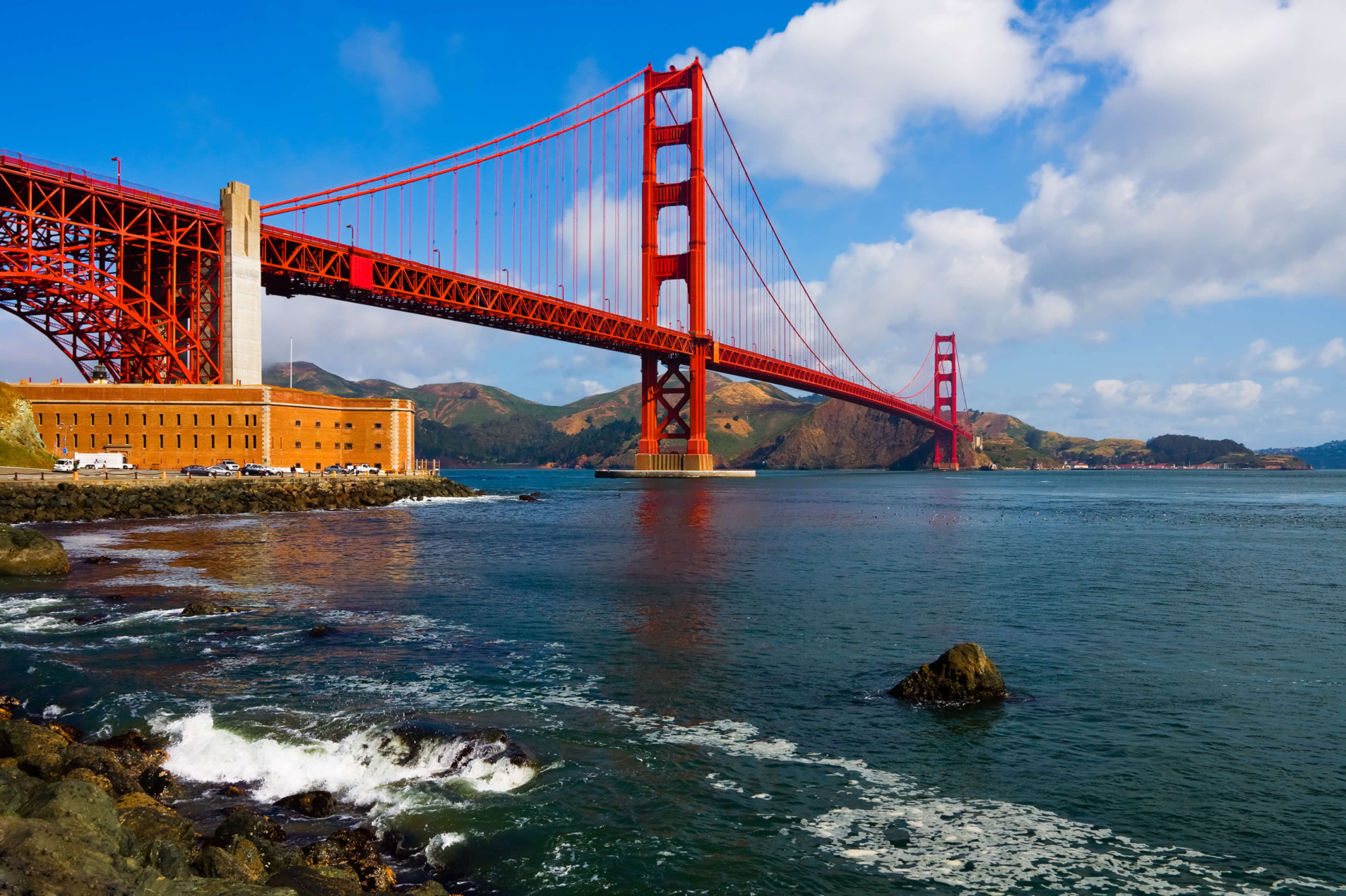

Observed federally beginning in June 2021, Juneteenth, short for the date June 19, is the newest federal holiday. Juneteenth has been celebrated for more than 156 years, though its history is possibly lesser known than other American observances. Although the Emancipation Proclamation, which freed enslaved African Americans in Confederate states, went into effect in 1863, this document did not immediately end slavery. In fact, it took until June 19, 1865—more than two years later—to end the horrors of slavery in Texas. And slavery continued in pockets of some Union states until December 6, 1865, when the 13th Amendment was ratified and slavery was formally ended in America.

On that momentous day, Union troops made their way into Galveston, Texas, with U.S. General Gordon Granger announcing General Order No. 3. It read: “The people of Texas are informed that, in accordance with a proclamation from the Executive of the United States, all slaves are free.” The change was not instantaneous for all, seeing as some slaveholders chose to conceal this information.
Liberated Black people gathered to celebrate, and in the following years, Juneteenth festivities continued often including music, food and religious services. Over time Black people moved outside of Texas to other states, taking with them Juneteenth traditions to share with others. And in 2021, President Joe Biden signed into law a bill making Juneteenth a federal holiday.
Though the struggle for equality continues to this day for the Black community, Juneteenth is a significant milestone in the United States. America250 is committed to uplifting all American history and is proud to amplify the activities of our partners and supporters for this year’s Juneteenth celebrations. We invite you to explore the programs and resources below and honor Juneteenth with us:

400 Years of African-American History Commission
The 400 Years of African-American History Commission develops and facilitates activities throughout the United States to commemorate the 400th anniversary of the arrival of Africans to the English colonies at Point Comfort, Virginia, in 1619, recognizing and highlighting the resilience and contributions of African Americans from that seminal moment forward, while simultaneously acknowledging the painful impact of slavery, racial discrimination, and racism to our Nation.
Join the Commission for their event, Freedom Forward, at 3 p.m. ET. Learn more.
Association for the Study of African American Life and History
The Association for the Study of African American Life and History (ASALH®) promotes, researches, preserves, interprets and disseminates information about Black life, history and culture to the global community.
Join ASALH® for their virtual panel event, “Why Celebrate Juneteenth?,” on June 19, 2022 from 12–2 p.m. CDT. Learn more.
National Museum of African American History and Culture
Since opening on Sept. 24, 2016, the National Museum of African American History and Culture (NMAAHC) has welcomed more than 7.5 million in-person visitors and millions more through its digital presence. Occupying a prominent location next to the Washington Monument on the National Mall in Washington, D.C., the nearly 400,000-square-foot museum is the nation’s largest and most comprehensive cultural destination devoted exclusively to exploring, documenting, and showcasing the African American story and its impact on American and world history.
Check out NMAAHC’s children and youth educational resources, public programs and more.
Sources
Compiled from History.com: “What is Juneteenth?”

America’s Field Trip
Engaging students nationwide to celebrate America’s 250th anniversary!
A new contest inviting students in grades 3–12 to share their perspectives on what America means to them — and earn the opportunity to participate in field trip experiences at some of the nation’s most iconic historic and cultural landmarks.